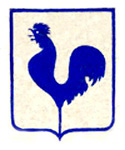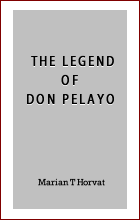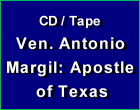Stories & Legends
 |
 |
 |
 |
 |
 |
 |
Fr. Magín Catalá, the Finder of Lost Items
The Vice-Postulator for his cause, Fr. Zephyrin Englehardt, collected a multitude of stories of lost items found by appealing to the Holy Man. The favor attributed to his intercession reported below is particularly interesting and clearly demonstrates the confidence of the people in appealing to Fr. Catalá.
As a side note, it is interesting to see how seriously mail delivery was taken in early America: Losing the mail pouch was an offense punished by hanging.
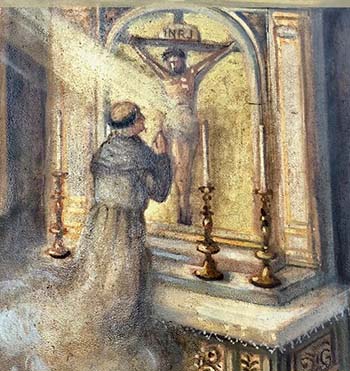
Fr. Magin was often seen levitating before the Catala crucifix at Mission Santa Clara
"My father was a soldier, and as such, when his turn came, had to carry the mail between Mission Soledad and Alonterey. One day as he was ready to set out on horseback from our home with the package of letters, he thought of taking some money along. He asked my mother to bring it out to him. She replied: 'Come and take as much as you want.'
"He dismounted. As the horse was gentle, he left the reins upon the pommel of the saddle without tying the animal. The package of letters was wrapped in a piece of cloth about one foot long. Instead of keeping it in his hands, as it was but a few moments to go into the house and return, he left the little bundle upon the saddle without securing it in any way. Then he went into the house for the money.
"When he came out, to his consternation the horse had disappeared and the letters with it.
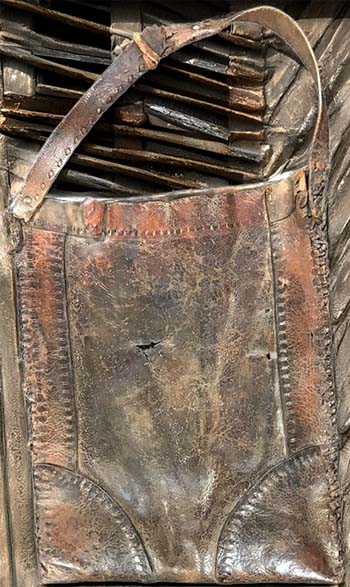
A leather mail pouch used in the early 19th century
"The friend returned at noon the same day, and said that he had not discovered any trace of the horse. Meanwhile my mother and we children were weeping, for the death of my father was certain if the mail was lost and he were caught.
"My mother at last promised to have a Holy Mass celebrated and to receive the Sacraments if the horse and letters were recovered. This promise my mother made to the soul of Fr. Magin.
"During all this time my father in despair wandered off into the Sierra de la Soledad, where bears roved about at that period; for he said to himself it is better to die there than to be executed in disgrace and in the presence of my family.
"At last, tired out, he sat down about three or four miles from the top of the mountain range near a high rock. It was late in the night and very dark. All at once he heard a slight noise coming from the other side of the rocky steep. It sounded as though a horse were chewing his bit. Not knowing what it was. he cautiously moved around to the other side.
"To his great joy he discovered the horse there, just as he had left it at the door of his own house. The reins were on the pommel and the package, most wonderful of all, lay on the saddle where he had placed it.
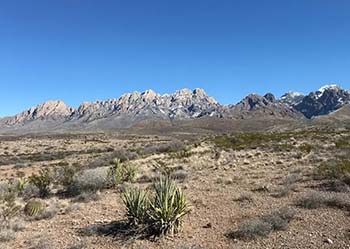
The Soledad Hills where the mail carrier hid himself to die
"Declaring it was a miracle, he hastened homeward.
"When he arrived, my mother explained that this was a miracle due to Fr. Magin, because she had called upon him in their distress and had made the promise of a Holy Communion and Holy Mass.
"My father hastened to forward the mail, and my mother fulfilled her promise."
When questioned by the examiners as to the length of time that her father had been absent, Rita replied:
"He left early in the morning when it was still dark. We bid him farewell and said: “Fly, and God help thee.”
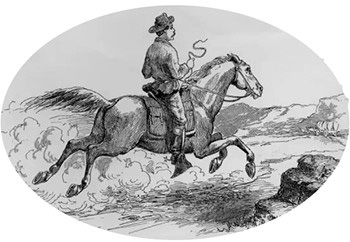
Pony express rider in 1830, a dangerous work
"That day he concealed himself until night, lest anyone found him as mail carrier off the road. When it was dark, he returned home and arrived at four o'clock in the morning."
To the question, "Did the horse have any covering or anything else which might have held the package fast?" she replied:
"No, sir, nothing but the saddle. He who carries the mail bears it tied around his body like a bandage. My father put it upon the saddle and intended to tie it around himself as soon as he was mounted on the animal."
U. I. O. G. D.
Ut In Omnibus Glorificetur Dei
(That In All Things God May Be Glorified)
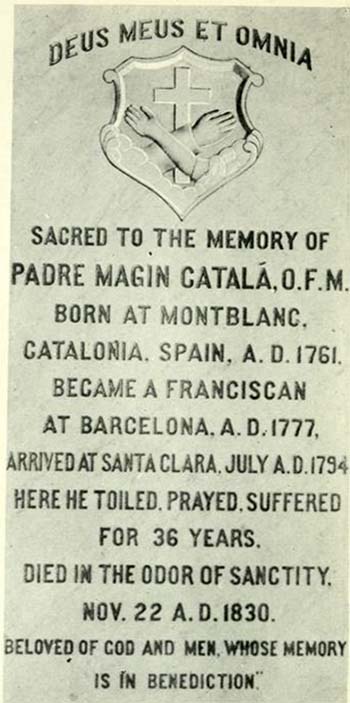
The plaque at the tomb of Fr. Magin inside the Mission
The Holy Man of Santa Clara, by Zephyrin Englehardt,
San Francisco: Jame H Barry Co, 1906 pp. 190-194.
Posted October 18, 2025
San Francisco: Jame H Barry Co, 1906 pp. 190-194.
Posted October 18, 2025

